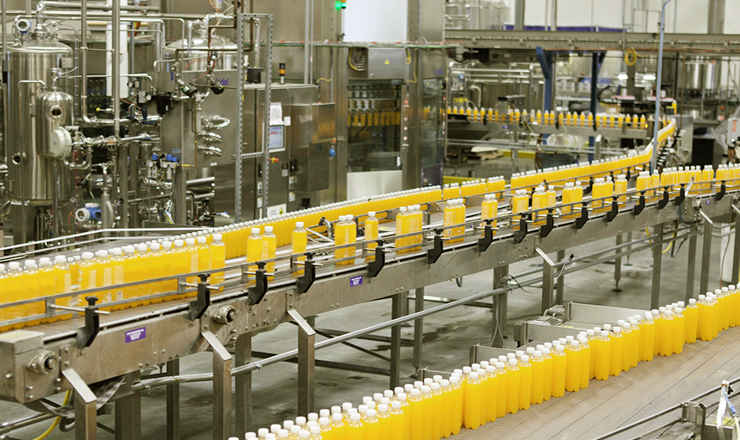OVERVIEW
Food Process Engineering is a scientific multidisciplinary field dealing with the development and refinement of food products for human and animal consumption. As a scientific discipline,
Food Process Engineering encompasses the practical application of science to develop efficient industrial production, packaging, storage, and marketing of wholesome and convenient foods.
Education in Food Process Engineering includes training in materials science [rheology, mass transfer properties, and thermal and electrical food properties] applied mathematics, quality control, engineering design of food process, and microbiological applications in food processing. Experts in Food Process Engineering work in academia, the public sector and industry with the primary role of assessing the problems concerning food production, food quality, process and plant design and food regulation.
AIMS AND OBJECTIVES
At the end of the programme, students are expected to;
• Demonstrate a detailed understanding of the relevant theoretical foundations and concepts of mathematics, chemistry, biology, physics and engineering as applied to Food Process Engineering.
• Be able to conduct, analyse and interpret experiments and apply experimental results to improve processes.
• Be able to apply new technology, design, plan, control and manage food process engineering systems.
• Be able to differentiate and select efficient technology in the development of agroindustry processing to achieve profitable and environmentally safe outcomes.
• Demonstrate an appreciation for professional, ethical and social responsibilities.
INDUSTRY/GLOBAL TRENDS
In recent times, the food process industry has been characterised by efficient mass production and transportation of food supplies. This development has been dictated by increasing concentration of people in urban areas, where large segment of the population depend on large quantities of pre-treated, pre- processed, or ready-to-eat foodstuffs. Driven by this need, food process engineers are at the forefront of developing and refining food products that are uniform in quality and safe. Another emerging trend is the preferences for non-thermal processed foods. Food process engineers are thus applying techniques such as highly hydrostatic pressure, pulsed electric fields, light pulses, ultrasound and magnetic fields to satisfy this demand.
ASSESSMENT
Students are assessed through a combination of assignments, examinations and projects.
ENTRY REQUIREMENTS
See General Admission Requirements and Procedures pages.
TUITION METHODS
Lectures, class discussion and practical tutorials.
CAREER PROSPECTS
Graduate of Food Process Engineering work in diverse fields in academia, public sector and food industry in the following areas.
• Process and Product Development
• Food Processing Operations
• Packaging
• Food Safety
• Food Biotechnology
• Process and Quality Monitoring and Control








